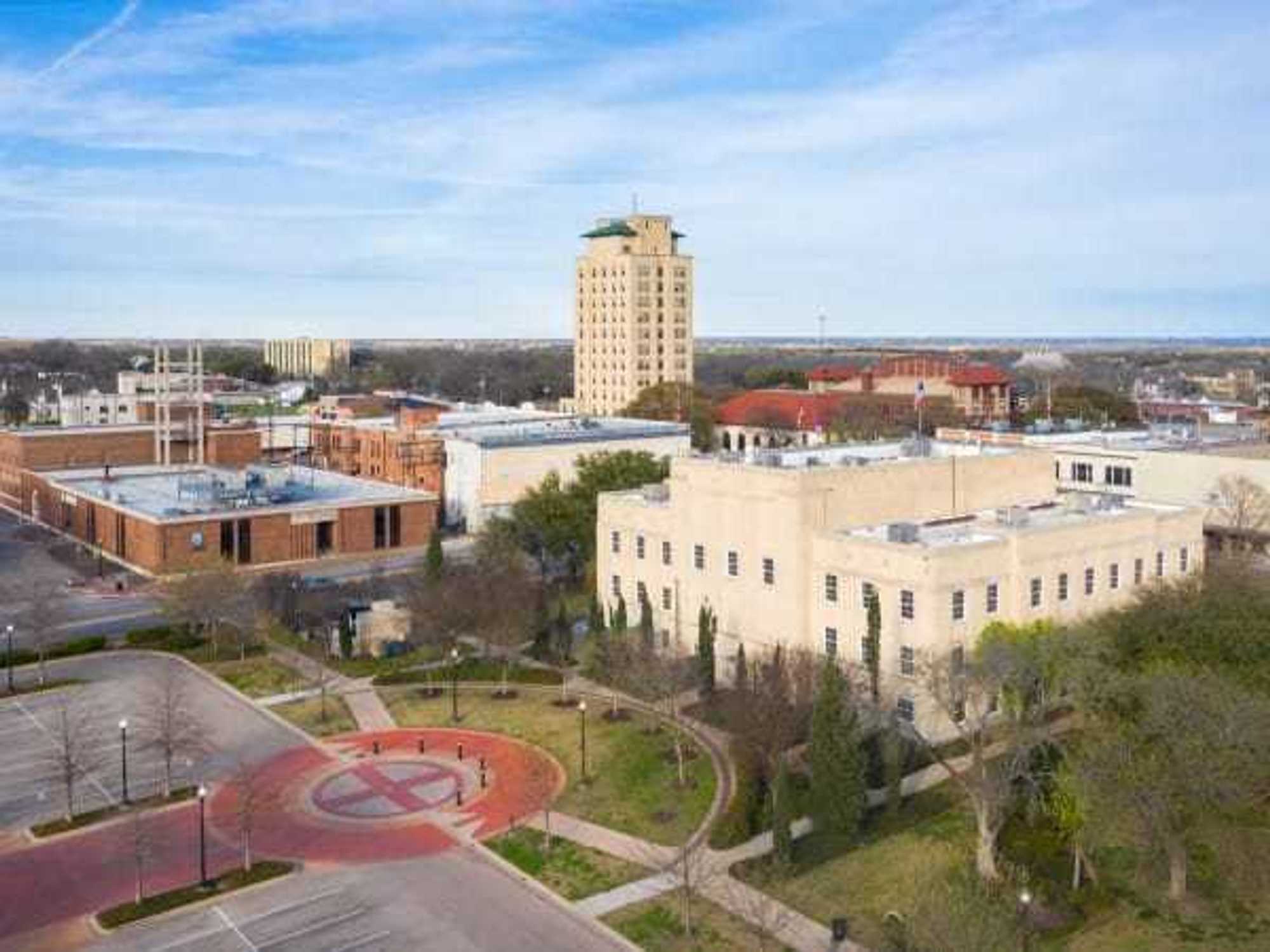show them the money
Women and Gen Z are the most financially stressed — and how that fits with recent local findings in Austin

Money may not buy happiness, but financial stress affects every generation — some groups more than others. Point, a home equity lender, did some research and found that personal finance was negatively impacting the mental health of 55 percent of respondents, especially Gen Z and women.
The study covered four broad sources of stress: personal finances, climate change, geopolitical issues, and social issues. Both Gen Z and women were most stressed in all categories except geopolitical issues, where men and Boomers took the lead. Actually, despite Boomers' financial stability, they worried about every other category the second-most after Gen Z, coming in almost even on the issue of climate change.
The report measured the frequency of responses that impacted "mental health 'a great deal' or 'quite a bit,'" indicating that the reported stress was significant. It does not include data about milder stress.
Adult Gen Z was most worried about their ability to save to buy a house, followed closely by not being able to find jobs that pay enough for general living expenses — two sides of the same coin, or credit card. Gen Z was least worried about losing their jobs, perhaps because they're not paying enough to begin with, and most of Gen Z hasn't had their jobs for more than a few years.
There was not a further breakdown of women's stressors, but Austin women are surely feeling the pressure of our pay gap. Women in the capital city are making nearly $11,000 less than men, even though Texas at large is supposedly a great place for women in business.
Thankfully for Austinites stressed about being able to save for a home, the housing market has been stabilizing, according to the Austin Board of Realtors. First-time homebuyers who can get their credit together and afford a down payment may find relief in refinancing, and have at least five excellent neighborhoods to look in, or perhaps they'll even leave the city proper in favor of nearby suburbs.
Georgetown, one Austin's closest neighbors, is the fastest-growing city in the country, and should have improved access around Austin after Project Connect's light rail fills in the gaps left by the 40-minute commuter rail. If renting in Austin is more appealing than moving, renters can expect to afford about 714 square feet for $1,500 — only slightly less than the 782-square-foot national average.
Like any city, Austin has its roses, buds, and thorns, but across the board, things in this city seem to be stabilizing for the first time in years. Maybe that's why, despite the stress, we're still one of the happiest cities in America.
